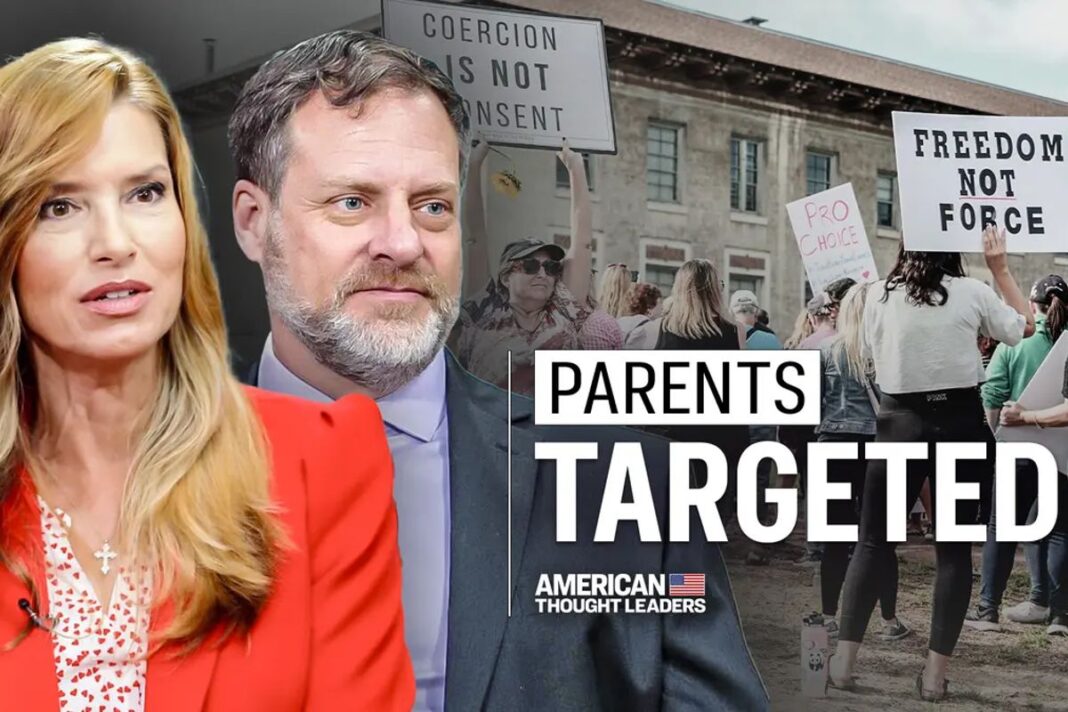‘If the Fed would lower the [interest] rates, we wouldn’t even have to do that,’ Trump said.
President Donald Trump has confirmed that he is considering abolishing the capital gains tax on houses.
“We’re thinking about that,” Trump said on July 22 when asked if the administration is considering removing the tax to improve the U.S. housing market.
The president added that the Federal Reserve would “unleash” the real estate market by lowering interest rates.
“If the Fed would lower the [interest] rates, we wouldn’t even have to do that,” he said during a meeting with Philippine President Ferdinand “Bongbong” Marcos Jr.
“But we are thinking about no capital gains tax on houses.”
The U.S. government imposes a capital gains tax on the sale of homes. Tax rates for long-term capital gains—residential properties held for more than a year—depend on income and range from zero percent to 20 percent. Capital gains on homes owned for less than a year are taxed at the same rate as your ordinary income.
However, there are exemptions, with current law allowing homeowners selling their primary residence to exclude home sale profits of up to $250,000 for individual tax filers and up to $500,000 for joint filers.
Earlier this month, Rep. Marjorie Taylor Greene (R-Ga.) introduced legislation—the No Tax on Home Sales Act—to eliminate the federal capital gains tax on the sale of primary homes.
“Homeowners who have lived in their homes for decades, especially seniors in places where values have surged, shouldn’t be forced to stay put because of an IRS penalty,” Greene said in a statement.
“My bill unlocks that equity, helps fix the housing shortage, and supports long-term financial security for American families.”
The bill could help unwind housing shortages that have contributed to soaring home prices.
According to a June Realtor.com monthly housing report, the housing supply remains nearly 13 percent below pre-pandemic levels, despite inventory levels increasing for 20 consecutive months.
Meanwhile, industry experts argue that the current exemptions are outdated, particularly in light of current market conditions.
By Andrew Moran







